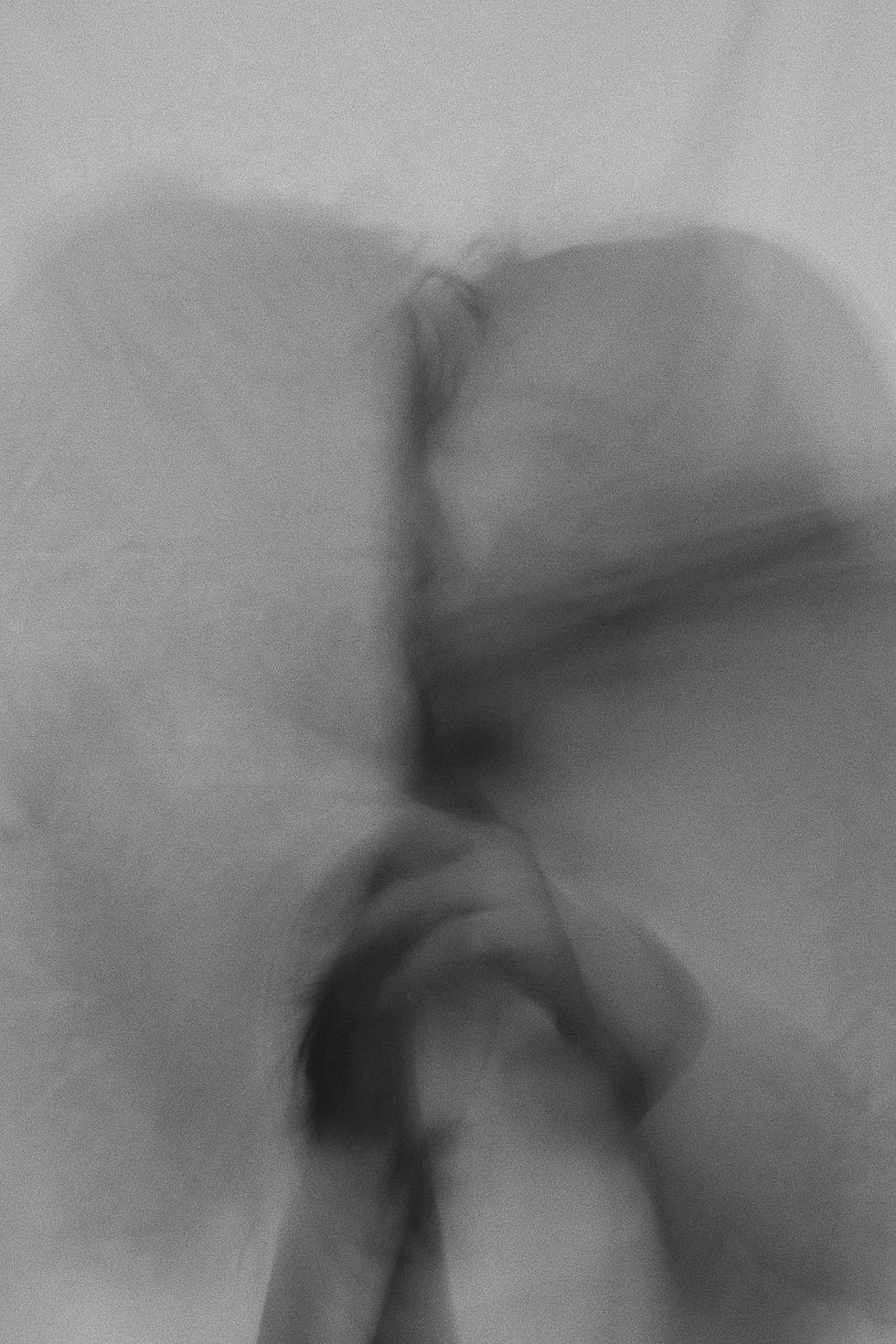The Co-optation of Peer Support
- Jenn Jones
- May 7, 2025
- 3 min read
From Mutual Aid to Managed Care and What We Lost Along the Way
Peer support wasn’t born in a treatment center. It didn’t emerge from a policy change or a job description. Peer support came from the margins. From psych survivors, Mad activists, disabled folks, people who use drugs, and people navigating oppression who said, “We will care for each other in ways the system cannot and will not.”
It was, and still can be, an act of resistance.
Mutual aid. Shared survival. Community-led healing. A refusal to pathologize human pain. That’s where peer support came from.
So how did something so radical start to feel so institutional?
The Co-optation of Care
As peer support has been pulled into mainstream systems like mental health agencies, hospitals, and carceral programs, it has gone through a slow transformation. What once disrupted hierarchy has been reshaped to reinforce it.
In many settings, peer support is no longer grounded in mutuality. Instead, it's been turned into a job role. Peer workers are often expected to act like case managers or recovery monitors. The language becomes clinical. The radical vision becomes sanitized. And people who came to this work through survival and solidarity find themselves stuck in a system that asks them to comply instead of care.
How Certification Hurts More Than It Helps
One of the biggest shifts has happened through certification. It’s often presented as a form of progress, but for many people, it creates harm.
At its best, certification can offer access to paid work and some legitimacy. But at its core, it often recreates the very systems that peer support was meant to challenge.
Here’s how certification has harmed peer support:
It replaces lived wisdom with clinical standards. Instead of honoring the diverse and creative ways people support one another, certification programs often demand conformity to medical language, documentation, and outcome-based thinking.
It excludes the most impacted. People who use drugs, those rejecting or resisting diagnosis, or living in what others call crisis often can’t meet rigid requirements. Yet, these are the very people peer support was created for.
It creates a class divide. When only certified peers are recognized as legitimate, it divides communities. It sends a message that support only counts if the state approves it.
It ties peer support to the system. Once certification is linked to government funding or institutional settings, it becomes a tool for control. It stops being about collective care and becomes another service to be delivered.
Certification might offer a seat at the table. But we have to ask who built that table and what we’re being asked to compromise.
Returning to the Roots
Even now, peer support is alive in its original form. In community spaces. In group chats. In mutual aid circles. In Mad Pride and disability justice movements. In Harm Reduction work and in informal, deeply human relationships.
To reclaim peer support, we must return to what made it powerful in the first place:
Mutual care instead of hierarchy
Relationship over role
Autonomy instead of compliance
Support that makes space for pain, rage, joy, and contradiction
Spaces built by and for the people most impacted
Peer support does not need to be professional to be powerful. It does not need permission to be valid. What it needs is community, trust, and a refusal to let systems decide how we care for one another.
We do not need to fit peer support into the system’s framework. We can remember where it came from and build something rooted in liberation.


